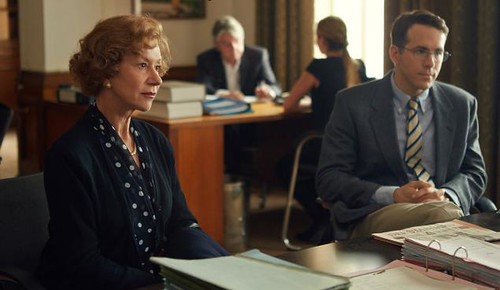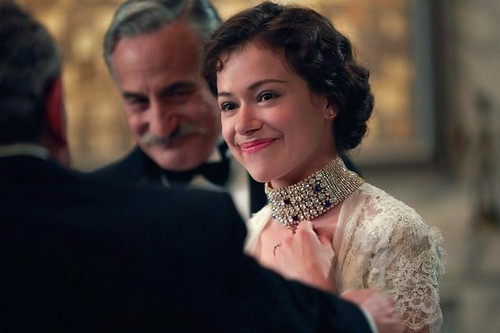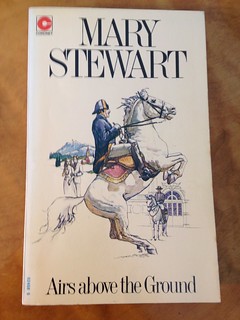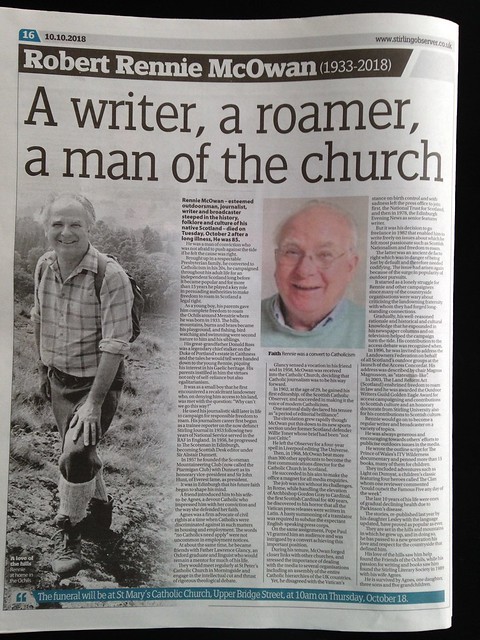Did you work it out? What did last week’s random posts have in common?
That’s right. It was Wien, although not perhaps Wien, du Stadt meiner Träume. It was more Daughter’s Träume to spend her birthday in Vienna. So we did. She flew in, while I revisited my youth and Interrailed. Much as I love trains, I’m not sure I recommend such a lot of train travel in one go. It takes a long time to get to Vienna. On the eve of my departure I realised that three books wouldn’t be enough, so added a fourth. Jolly lucky I did!
The Resident IT Consultant had looked up how to get to the hotel. ‘Easy,’ he said. Underground to Schwedenplatz and then a short walk from there. He reckoned I could memorise that. The hotel was where Daughter stayed last year and loved it so much that nothing else would do. She was right. I’d go back in a heartbeat. Although, not necessarily by rail.
Advised by Keith Gray who moved to Vienna last year, we went for birthday tea in a lovely café. I got up to inspect the cake counter to see what I’d like. ‘Was ist das?’ I asked and pointed. The nice young man told me, and it proved easier than expected to remember. Schwedenschnitte. It was very good.
We – well, I – wanted to see the Spanish riding school, so we went for its daily morning exercise session. Maybe not the best thing to do. I’d no idea that they have seats where you can’t see the ground [and thereby not the beautiful Lipizzaners]. After which it turned out that Daughter is allergic to horses…
The next day was Austria’s national day, which could be why we had tickets for a rather Straussy morning concert at the Musikverein. Luckily it was everything Daughter wanted it to be, except possibly New Year’s Day.
From there we walked to the Palmenhaus to meet Keith Gray and his family, for a chat and tea, sitting on the terrace in the late October sunshine. It was very nice, and a treat to see how the Viennese interact with waiters in cafés. Apparently forthright ‘rudeness’ is the way, and you really do say grüß Gott to everyone, even in the supermarket. And seeing as we never made it to Dunfermline to visit Keith at home, trailing after him to Vienna seemed like a good idea.*
During our remaining time in this beautiful city we squeezed in a few more cafés, purely in the name of research. Obviously. I even tried a piece of Gugelhupf, inspired by Tim in Airs Above the Ground. Books are dangerous.
And then Daughter got on her plane home, and I found my sleeper train. By the time I got to Köln I discovered that German German is so much easier than its Austrian sibling. I also found there is such a thing as a delayed German train, but I still managed to travel all the way home, a steady four hours ahead of Son who was ‘following’ me through that bit of Europe.
Finished my third book on Eurostar, starting on the fourth as I left King’s Cross.
*There is no way of escaping a witch. No matter where you move, she’ll come for her Schwedenschnitte. And you.














